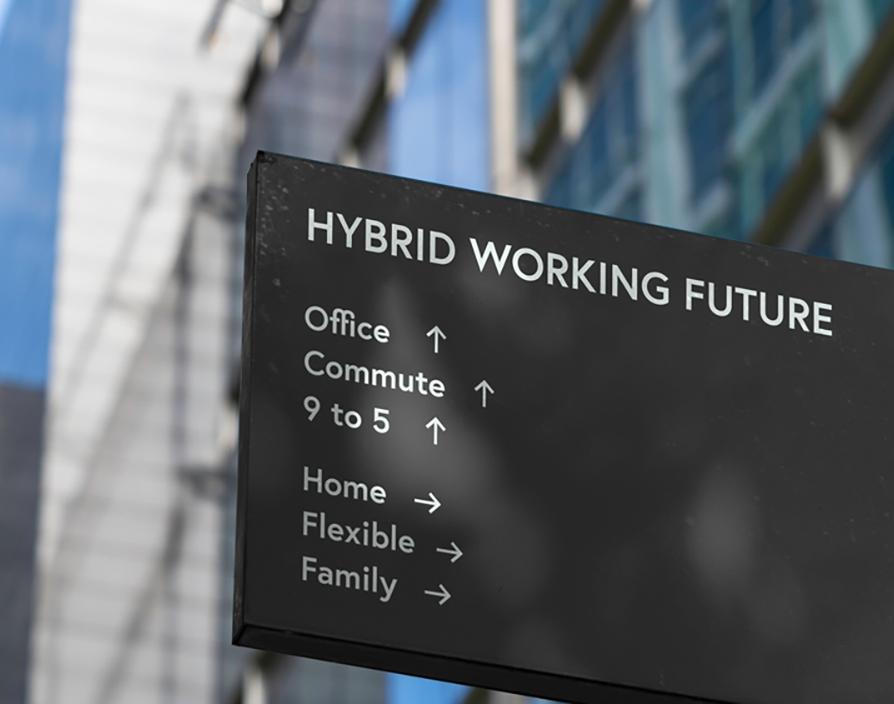While some companies have retained remote work policies in the name of employee flexibility, allowing them to work from home or the office, others are encouraging staff to return to the physical workplace.
Although every business had to adapt, many larger companies already had the digital infrastructure to support flexible working. In contrast, many small businesses struggled with the resources and cost involved in putting this into practice, especially if their operation relied heavily on staff being on-site.
As a result, many small businesses are having to weigh up their policies. Here are three crucial considerations for small businesses if they want to thrive in the flexible working era.
The importance of wellbeing
A fundamental reason why flexible working policies have become so popular is because it often allows for a better work-life balance. Recent Xero research revealed that wellbeing amongst UK small business owners was low compared to other countries. It found that only one third (32%) of small business owners feel refreshed and rested most of the time.This illustrates the immense pressure faced by small business owners and their workforce.
Adopting more flexible working policies can help shift the balance and empower employees to work from wherever they feel most productive. Small things like cutting a commute a few days a week can have a big impact on spending time with family or having time to do something you enjoy outside of work.
Trying what works best for your business
Remote work models might look very different depending on the type of business. One of the great advantages of a small business is being agile and able to try new things quickly. Owners can test out remote work with their teams and adapt it according to what works best. It could be a set amount of days per week, or more flexibility to work remotely in other locations for certain periods of time. What’s key is communication and finding out what would benefit your team the most.
Attracting talent
In the post-pandemic world, at least some flexibility in working arrangements has become something of an expectation from most staff, rather than something perceived as a benefit. This makes flexible working an even more important consideration for small businesses, now facing another frontier on which they have to compete with larger companies for talent. It’s already difficult to access the labour needed to grow – our research with the British Chambers of Commerce (BCC) showed that two in three small businesses are dissatisfied with the availability of skilled workers in their local area.
However, many small businesses are actively hiring; vacancies remain 29% higher than the pre-pandemic figure, suggesting that plenty of businesses are still seeking new staff. Therefore, improving talent acquisition should be an important incentive for business owners to introduce flexible working, where their business model allows it. It’s increasingly a prerequisite for candidates looking for a new role, and could make the difference between making that key hire or seeing them go to a competitor.
Establish where technology can add value
There can be no flexible working policies without embracing technology to some degree. While cultural changes may unlock efficiency, that means nothing if a team can’t collaborate easily. During the pandemic we saw the rapid adoption of cloud-based tools, as they allow teams to have a single source between them which they can access from anywhere.
Investing in technology is necessary for remote work to be a success, but that doesn’t have to mean adopting expensive enterprise tools that require significant time and financial investment. There are many tools designed specifically for small businesses that can help improve efficiency and productivity. In some cases, using technology might eliminate the need for a human to do certain tasks on-site. Simple things like cloud video conferencing tools can cut travel costs.
Automation enables much of the digital infrastructure and workflows that empower employee productivity in a flexible working environment, but have many benefits beyond that. Putting the digital building blocks in place to enable flexible working will pay dividends for small businesses that want to expand technology adoption later.
Embracing the flexible working landscape
Flexible working offers great opportunities for small businesses to thrive. When employees feel empowered to do their work in the way that suits them, it improves engagement, happiness and productivity.
When supported with the right tools, it can also enable better collaboration, improve culture and open up new talent pools. Small businesses should use their agility to their advantage and test out what works best for them when considering flexible working policies.
Share via:








































